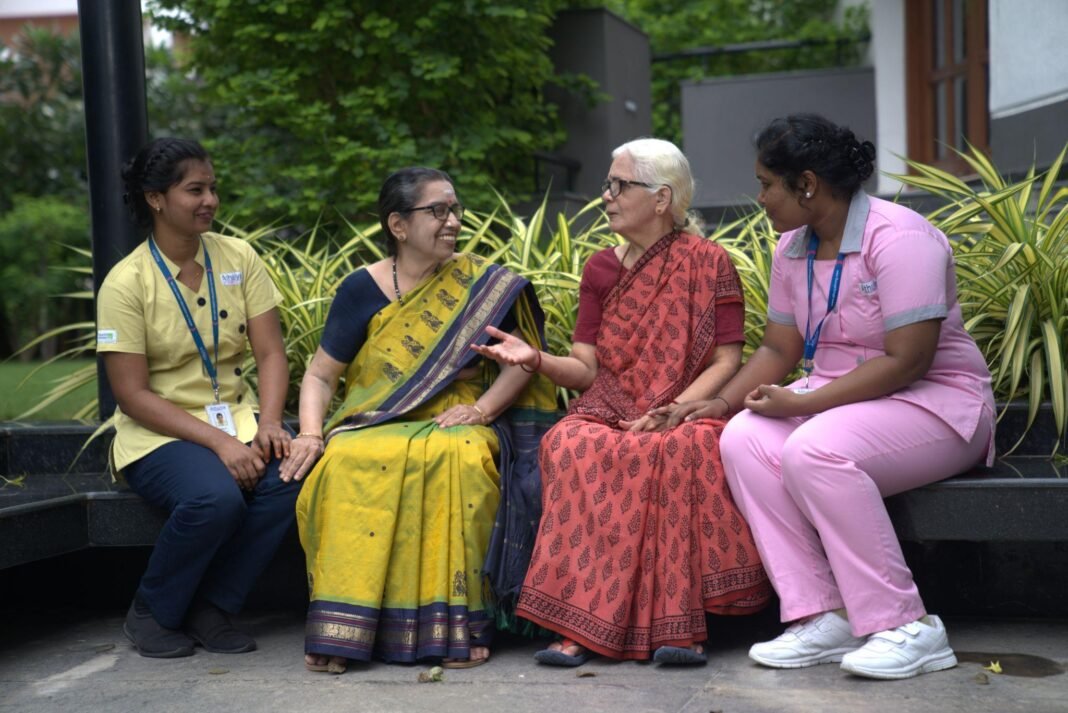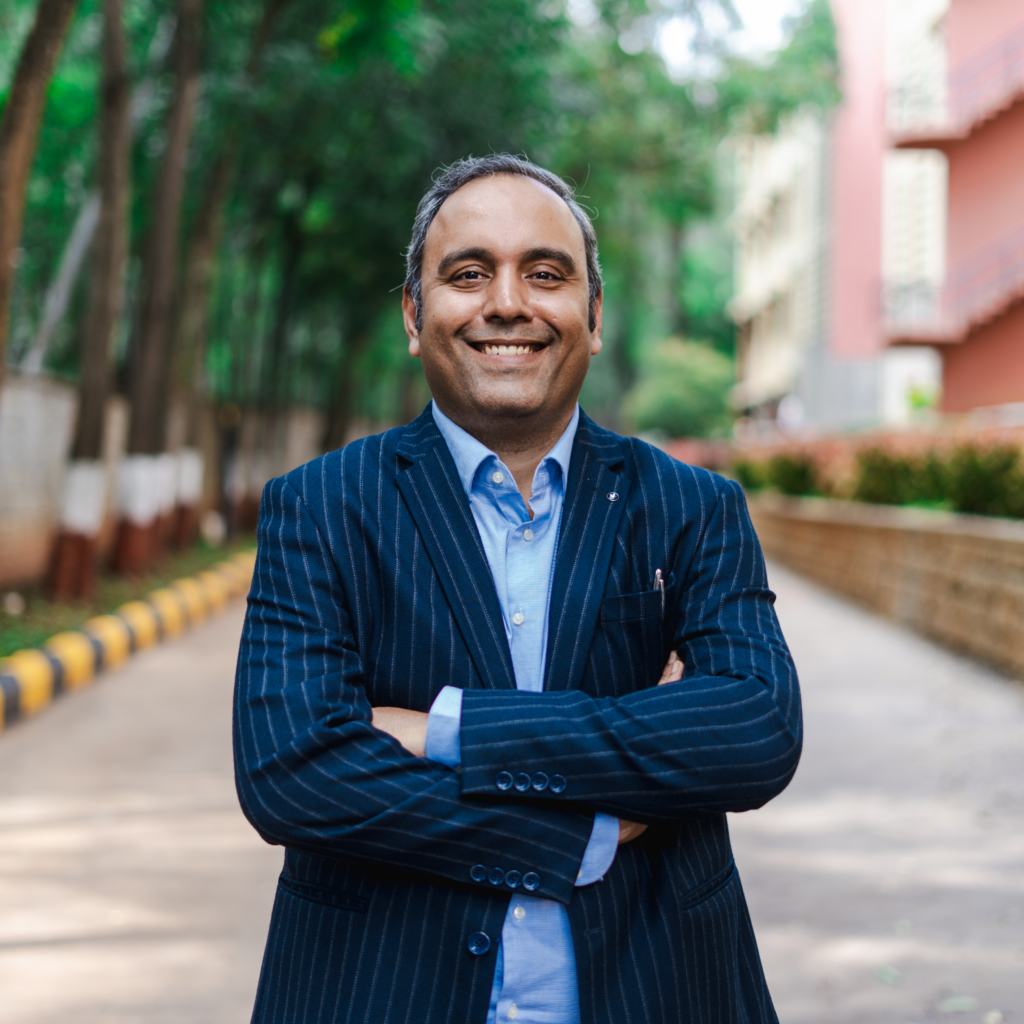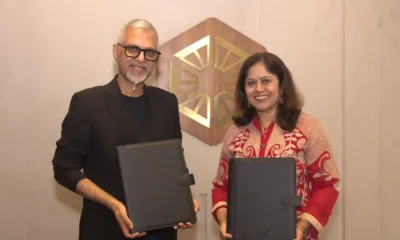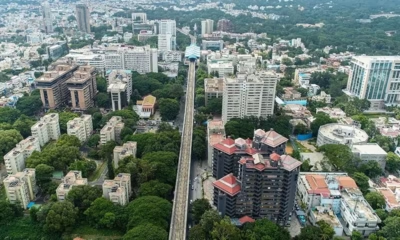News
Indian Senior-Care Sector Emerges as Next Big Investment Frontier

Mumbai, September 18, 2025: Almost 20,000 people turn 60 nationwide every day, it was revealed at the 6th edition of the ASLI Ageing Fest at The Lalit, Mumbai. The fest brings together leaders, innovators, and policymakers to deliberate on the critical enablers shaping the future of ageing in India—investments, technology, insurance, and community. Themed ‘347 Million Reasons to Rethink Capital Allocation’, the fest has highlighted the urgency of building sustainable and impactful solutions for India’s rapidly growing senior population.

The inaugural session opened with a welcome Address by Chairman, ASLI and MD & CEO, Antara Senior Care, Rajit Mehta, who underlined the need to generate conversations around the sector, considering the magnitude of challenges—larger than any other country—with 19,500 people turning 60 every day. “Hence, we need to create relevant infrastructure, put in place holistic care solutions, redefine the contours of current financial products, and also reinvent our policies, frameworks, and tax incentives. Alongside, we must also build a larger pool of caregivers,” Mehta observed.

Emphasising that senior-care was shifting from the margins to the mainstream, Dr. Rana Mehta – Partner & Leader Healthcare, PwC India, said: “Investors have a great chance of shaping this journey by bringing in long-term, innovation capital.” He further stressed that “collaboration between investors, end approvers, and policymakers will be the true unlock for this sector.”
Chaired by Dr. Mehta, the tone for the day was set by the panel discussion ‘Fuelling the Future: Investments and Impact,’ which examined the challenges and opportunities for India as it transitions from a “silver to evergreen longevity economy”.

Among the panellists, Principal, Healthcare Investments, Premji Invest, Vikash Rathi urged companies in the senior-care sector to build “business models that are relevant to a larger audience in India to make themselves investible. Problems of this magnitude will require ‘Make in India’ solutions to ensure senior care services are scalable and suitable for our country.”
Adding to this, Partner, Eight Roads Ventures, Chintan Kothari listed key imperatives for the Indian senior care sector to reach its inflection point. “Insurance will be critical, and it will require regulatory intervention. Fiscal incentives in the form of land subsidies, tax reliefs on income, adaptive deductibles, etc., are other essential components that can move this sector forward.”
Partner and Head of India, Novo Holdings, Karthik Narayanswamy noted: “Innovation will be the key to making the economics work for companies in this sector. Investors will take a leap of faith if businesses have the right model.”
Chief Investment Strategist, Singularity AMC, Ramanan Venkateswaran remarked: “While Indian players in the senior care business will draw largely from the global playbook, the price points at which they operate will be the defining factor in making services accessible and affordable for a wider population. The focus should be on creating wellness rather than offering just healthcare, by building vibrant, healthy environments for senior citizens.”
Another panel called ‘Global Best Practices: Revolutionizing Senior Care’, brought together international perspectives on models that could help India build a future-ready senior care ecosystem. Moderated by Ankur Gupta, Co-Founder, ASLI and JMD, Ashiana Housing, the session drew insights from Australia and Japan—two of the world’s most advanced ageing societies.

Barry Ashcroft, Co-founder, Director & COO, Apollo Care Australia, highlighted that the Australian government funds nearly 75 per cent of senior care costs, though accommodation is excluded. “The government does not allow profit-making from elderly care, and our revenue comes from providing accommodation,” he explained, underlining how regulation and public funding shape the sector there.

From Japan, Mitsuru Sakoda, General Manager & Head of Global Business Division, Sompo Care Inc., noted that with almost 30 per cent of its citizens above 60, Japan is now the most aged country in the world. “Hence, societal frameworks and senior care support are becoming increasingly critical to sustain such a large elderly population. Indian models will also need to be built around the country’s culture and societal needs, just as we have done in Japan,” he said.
With the rise in elderly population and increasing interest around the segment by developers, the senior living industry is poised to reach a market size of $8 billion by 2030 from the current $1.8 to $2 billion, according to a recent report by Association of Senior Living in India (ASLI) and JLL.
The report has stated that this rise will be driven by an increase in India’s senior population from an estimated 163 million in 2025 to 191.5 million projected for 2030, coupled with a relatively lower market penetration, leaving scope for higher growth potential.

 News2 weeks ago
News2 weeks agoDN Group Sets National Expansion and IPO Roadmap at DN DAY 2025

 News3 weeks ago
News3 weeks agoGulshan Group Partners with Taj to Redefine Branded Living in Noida

 News2 weeks ago
News2 weeks agoBPTP Appoints Vineet Nanda as Chief Business Officer

 News3 weeks ago
News3 weeks agoDelhi–NCR Malls Roll Out Festive Christmas Celebrations with Lights, Events & Family Activities

 News6 days ago
News6 days agoIndian Real Estate in 2025: From Roller-Coaster Rides to Rock-Solid Foundations

 News2 weeks ago
News2 weeks agoEmbassy REIT Closes ₹530 Cr Selloff at Embassy Manyata in Bengaluru to EAAA Alternatives’ Real Assets Business

 News4 days ago
News4 days agoDanube Group’s Rizwan Sajan to Host Bigg Boss 19 Contestants in Dubai on January 6–7

 News2 weeks ago
News2 weeks ago2025 Set the Base: What India’s Real Estate Momentum Signals for 2026































